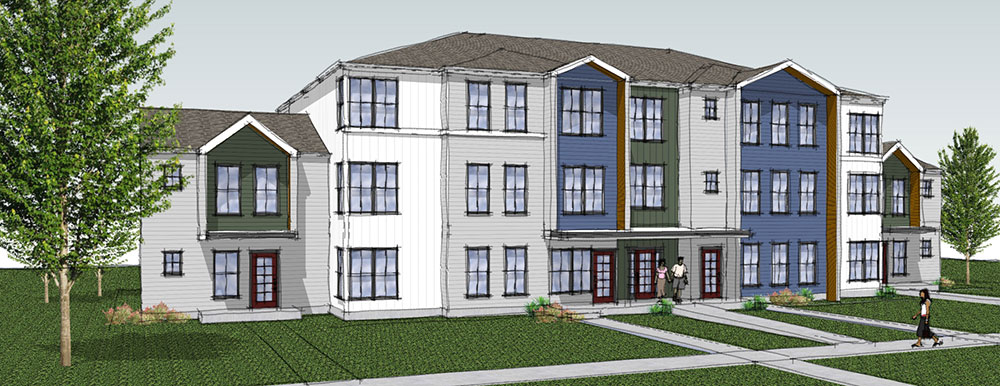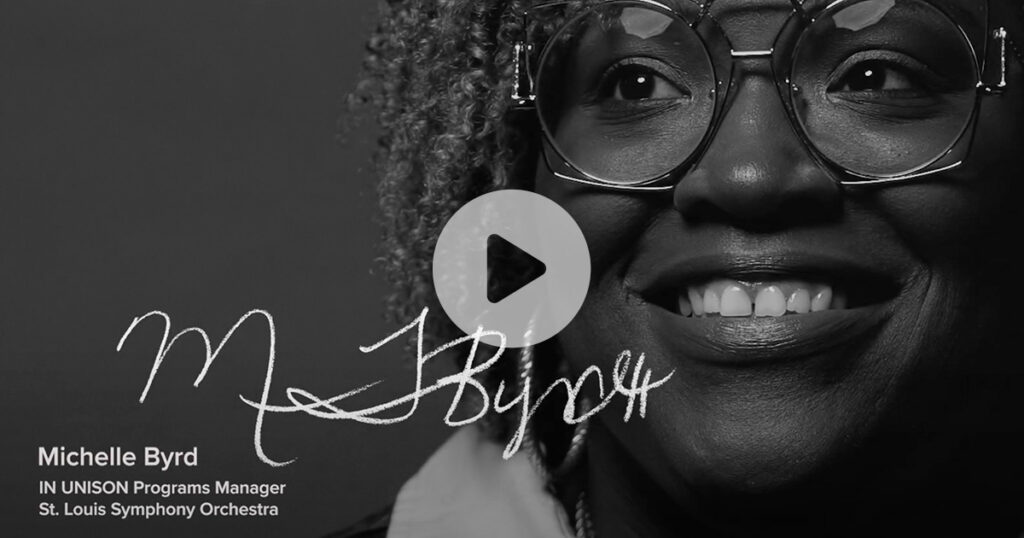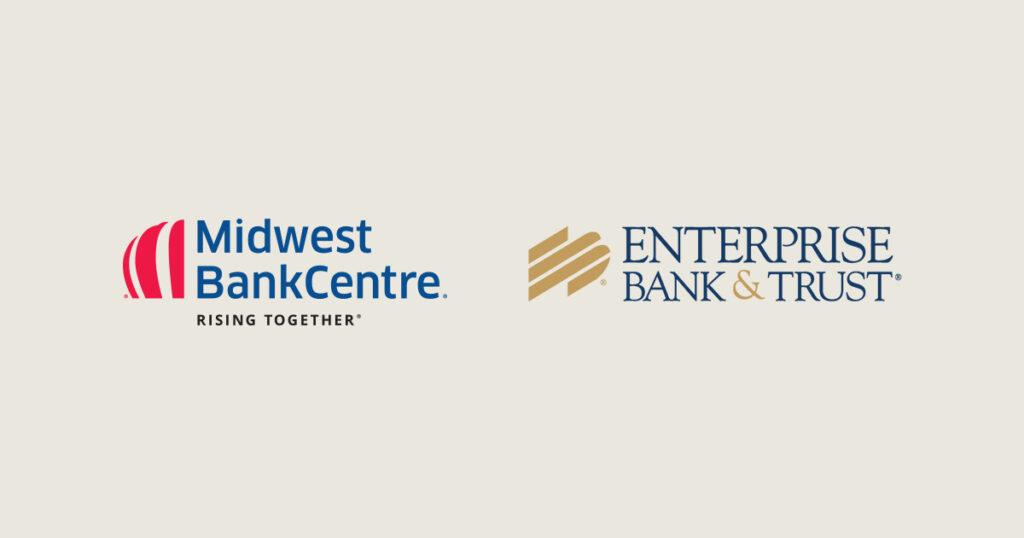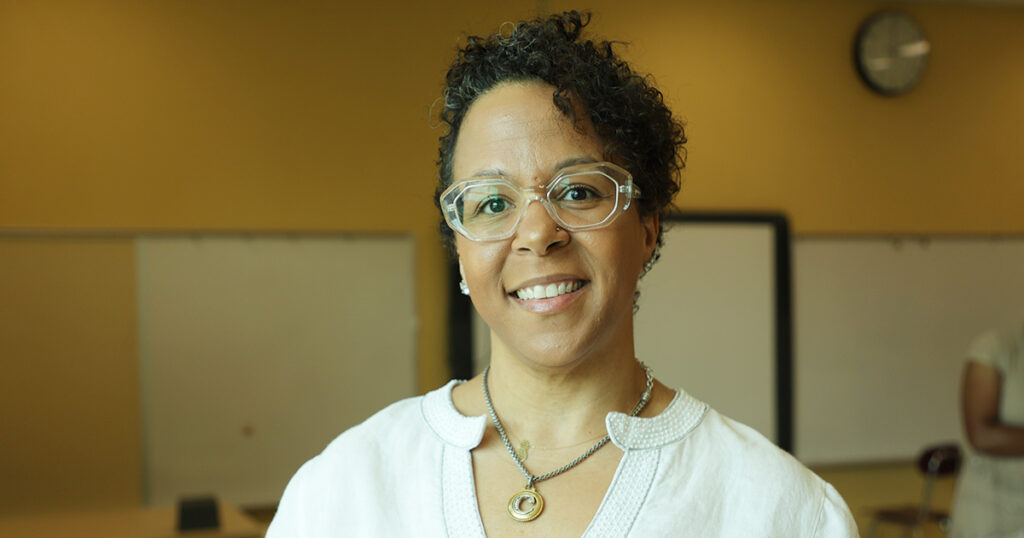Among the many partners who are integral to our work, the St. Louis Equity Fund stands out. In the three-plus decades since we started our collaboration in 1989, the Equity Fund has made $44.9 million in project equity commitments toward 18 housing developments.
The longevity of this partnership is a remarkable story—from both organizations’ perspectives.
“The St. Louis Equity Fund is not just someone who provides tax credits to help us build houses,” says Beyond Housing’s President and CEO Chris Krehmeyer. “They’re true partners in that more than 25 years ago, they recognized that the service delivery we provide to the families in our rental homes had a great value in their lives—and, as a byproduct, it had value for the long-term asset management of the project, which is good for their investors. As a result, they have set aside dollars for the support of social services in every project we do with them.”
John Kennedy, President of the St. Louis Equity Fund, agrees that Beyond Housing’s holistic vision sets it apart. “The name is very fitting—it’s inclusive of everything you need to really live,” he says. “Housing is very important on its own, but the social services aspect really helps the residents thrive.”
A Symbiotic Relationship
The path toward developing affordable housing is complex and requires input, resources, and approval from many different entities. When Beyond Housing starts a new project—for example, Lincoln Square, a proposed 40-unit development near Pagedale Town Center—we first apply to the Missouri Housing Development Commission for low-income housing tax credits.
That application launches a highly competitive process, and the success of our application can be bolstered by letters of support in favor of the project—which the St. Louis Equity Fund has generously provided for both multifamily projects and single family homes such as the recently completed Pine Lawn Manor.
When Beyond Housing receives an award of tax credits, we work with the Equity Fund’s underwriting team and start working out the financial details of the partnership to ensure that the numbers work and the Equity Fund’s investors receive a fair return on their investment.
After the underwriting is wrapped up, our leadership pitches the proposal to the Equity Fund’s investment committee, which votes on it. And assuming it is approved at that point, the parties can close on the project and construction can begin.
A Long-Term Commitment
Unlike market-rate housing projects, which would be complete when construction is done, projects that rely on low-income housing tax credits enter a new phase: the 15-year compliance period. Amy McDermott, Vice President—Operations for St. Louis Equity Fund, describes it as a time when the developer must ensure it’s following the rules—for example, residents must meet income guidelines, and the project must stay stable financially.
After 15 years, the Equity Fund develops an exit strategy that may include donating its interest back to the nonprofit as long as they continue to operate it as affordable housing, or they may sell the housing to residents so they can become homeowners.
“When we partner with Beyond Housing, it’s amazing that some of their residents are ready to assume their role as thriving homeowners,” McDermott says. “They’ve received the services they need to live and grow—from financial education to how-to maintenance tips to after-school activities so the parents can work.”
When looking back at the 18 projects the Equity Fund has worked on with Beyond Housing, McDermott emphasized the level of commitment it takes for an organization to stay in compliance consistently and across a range of circumstances. Moreover, Beyond Housing tends to come up with high-quality solutions to issues it encounters, which the Equity Fund then shares with others in the affordable housing field. “We look to Beyond Housing for guidance on what they’re doing that may work for other partners we have,” she says.
Making a Mark on the Community
Krehmeyer points out that the St. Louis Equity Fund is one of the last remaining local equity funds providing resources to build affordable housing—and he doesn’t take that fact for granted. “We try to be a good steward of their resources,” he says. “I know I can call and talk to them about any challenges or opportunities we have.”
And while the numbers of projects and financial investment are large, both organizations are quick to focus on the truly important bottom line: the residents.
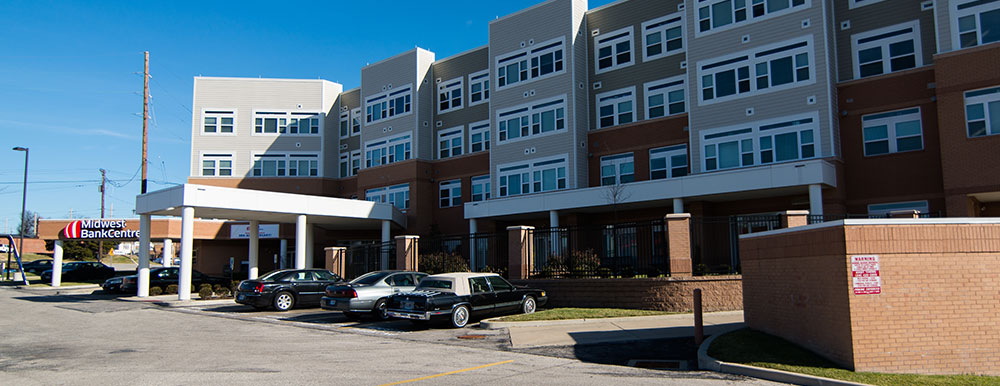
“Beyond Housing makes their projects communities,” Kennedy says. To illustrate this, she points to Rosie Shields Manor in Pagedale, the first multi-family project the Equity Fund did with Beyond Housing. “It was not their usual model; it was a big deal,” he recalls. He can still list details like the bank in the lobby and the grocery store across the street, two of the many amenities that make Rosie Shields an attractive residence for seniors.
Inside Rosie Shields, residents experience programs that are trademarks of our proven model for creating lasting change. For example, each week the seniors receive ingredients for healthy recipes they can cook themselves, which helps maintain their independence. They engage in social activities to decrease the sense of isolation that could impact their mental and physical health. Before the pandemic, the staff had even started offering computer classes, which ended up being a lifeline for keeping in touch and for activities like online exercise classes during quarantine.
That’s exactly McDermott’s point. “All of these things make the residents’ lives better,” she says. “It’s a holistic approach—it’s not just property management.”
For single-family homes, which make up the bulk of our affordable housing projects, Beyond Housing has staff who work together with each family in an integrated, holistic manner to provide a comprehensive range of supportive services. These include Community Health Workers who assist with a range of wellness needs as well as Housing Resource Coordinators who connect residents with services related to financial education, employment, homeownership, childcare, and more.
“To have 18 partnerships with one organization is pretty significant,” McDermott says. “Beyond Housing is an organization that not only puts a roof over people’s heads but also teaches them how to become a homeowner.”
Throughout the years, the St. Louis Equity Fund has been an invaluable part of our work in strengthening families and transforming communities to create a stronger St. Louis for all.

